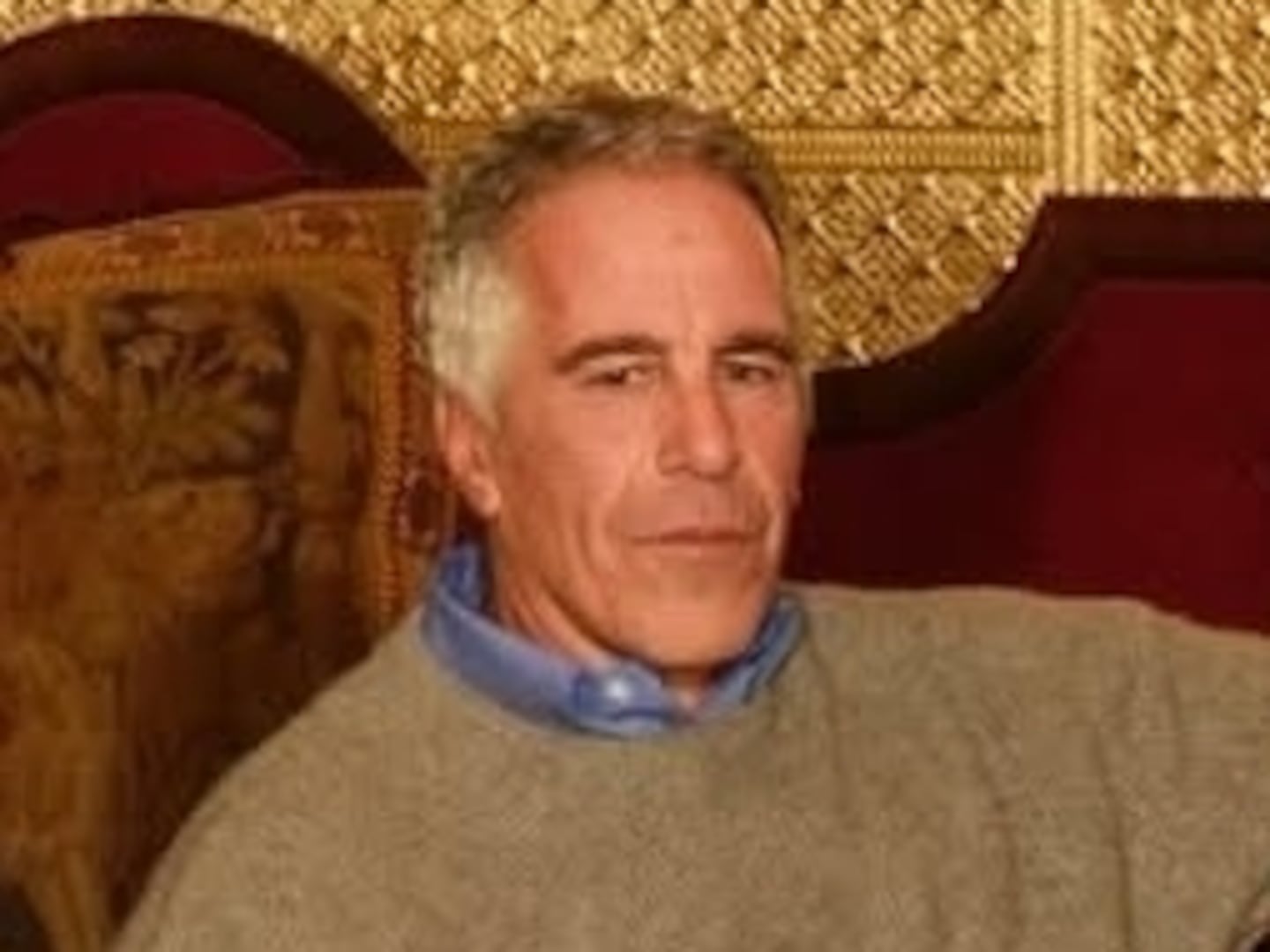
There are valid reasons why we haven’t had enough with “torture sanctimony,” as Christopher Buckley puts it in an article in The Daily Beast, and let me start with the most important—it’s going to cost us future American lives in addition to the ones we’ve already lost.
Our policy of torture and abuse of prisoners has been Al Qaida’s number one recruiting tool, a point that Buckley does not mention and is also conspicuously absent from former CIA Director General Michael Hayden and former Attorney General Michael Mukasey’s argument in the Wall Street Journal. As the senior interrogator in Iraq for a task force charged with hunting down Abu Musab Al Zarqawi, the former Al Qaida leader and mass murderer, I listened time and time again to captured foreign fighters cite the torture and abuse at Abu Ghraib and Guantanamo as their main reason for coming to Iraq to fight. Consider that 90 percent of the suicide bombers in Iraq are these foreign fighters and you can easily conclude that we have lost hundreds, if not thousands, of American lives because of our policy of torture and abuse. But that’s only the past.
When a captured Al Qaida member sees us live up to our stated principles they are more willing to negotiate and cooperate with us. When we torture or abuse them, it hardens their resolve and reaffirms why they picked up arms.
Somewhere in the world there are other young Muslims who have joined Al Qaida because we tortured and abused prisoners. These men will certainly carry out future attacks against Americans, either in Iraq, Afghanistan, or possibly even here. And that’s not to mention numerous other Muslims who support Al Qaida, either financially or in other ways, because they are outraged that the United States tortured and abused Muslim prisoners.
In addition, torture and abuse has made us less safe because detainees are less likely to cooperate during interrogations if they don’t trust us. I know from having conducted hundreds of interrogations of high ranking Al Qaida members and supervising more than one thousand, that when a captured Al Qaida member sees us live up to our stated principles they are more willing to negotiate and cooperate with us. When we torture or abuse them, it hardens their resolve and reaffirms why they picked up arms.
Former officials who say that we prevented terrorist attacks by waterboarding Khalid Sheikh Muhammad or Abu Zubaydah are possibly intentionally ignorant of the fact that their actions cost us American lives. And let’s not forget the glaring failure in these cases. Torture never convinced either of these men to sell out Osama Bin Laden. And that’s the other lesson I learned in Iraq.
Coercion convinces a detainee to give you the minimum (and often an altered minimum) amount of information. Note that KSM only provided information that was downward from him in the Al Qaida hierarchy. I saw the same results in Iraq. When other interrogators used fear and control to force detainees to provide information, that information, at best, was always downward or lateral in direction. Why? Because a detainee knows that they can sell out the people below them or even future operations and the organization will survive. It’s been over seven years since 9/11 and we have yet to bring Osama Bin Laden to justice. He continues to recruit new terrorists, especially with our past policy of torture and abuse as a recruiting tool.So when I look at the squandered opportunity to locate him through KSM or Abu Zubaydah, I see failure.
Contrast that with my interrogation team in Iraq. We used relationship-building approaches, leveraged the best of our American culture (tolerance, cultural understanding, and intellect), and we ultimately found the head of Al Qaida in Iraq by being smarter, not harsher. We captured Al Qaida terrorists, some very high-ranking leaders, who never provided information. But we didn’t resort to torture or abuse because we knew that it would have made us hypocrites to sell out the very principles that we were defending. We also knew that it would cost us the lives of our brothers and sisters in arms, our fellow soldiers. Instead, we used those as opportunities to become better interrogators and then concentrated on other avenues to achieve our mission. We can lose a battle and still win a war.
My extensive experience demonstrates that we can effectively interrogate without using torture and abuse. We do not have to choose between terror and torture. We are Americans and we are smarter and better than that.
Matthew Alexander is a pseudonym for a 14 year veteran of the U.S. Air Force. As the leader of an elite interrogations team in Iraq, he conducted more than 300 interrogations and supervised more than 1,000. He served in three wars and was awarded the Bronze Star Medal in 2006.






